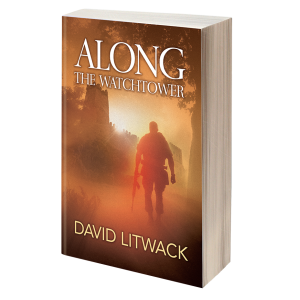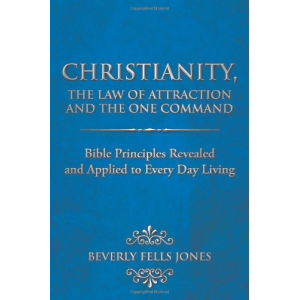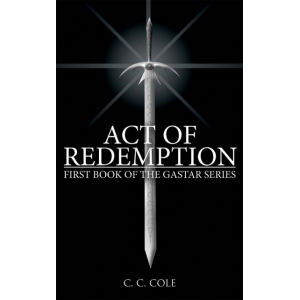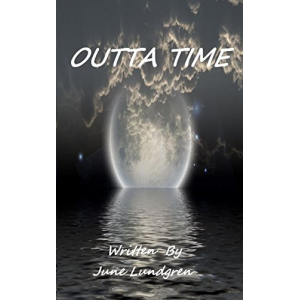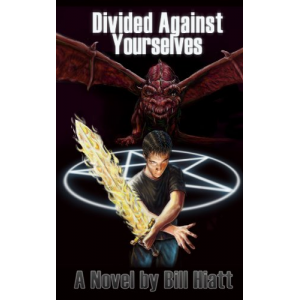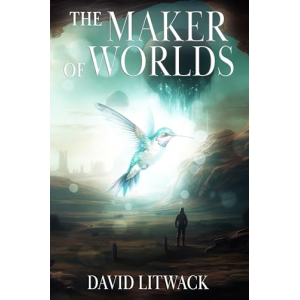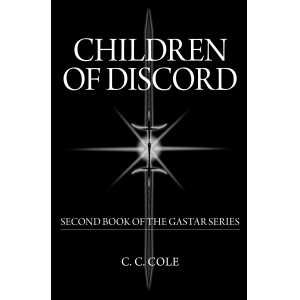- Author
- Book
- Story behind the book
- Media Links
- Reviews

Helena Wojtczak
About
The holder of a BSc Honours degree in Social Science and Social History, Helena Wojtczak is a researcher, writer and speaker on women's history. She occasionally gives public talks and lectures and speaks at conferences at universities and museums.
She is an occasional tutor in women's history and the methodology of research for the University of Sussex and the University of Brighton. She has written for the Oxford University Press, Ashgate, the TSSA, the RMT and Hunter House Publishing, as well as numerous newspapers and magazines, and also for various websites including The Victorian Web and Encyclopaedia Titanica, and has appeared on TV and BBC radio.
Her books have received critical acclaim from Dr Dale Spender, Dr Gerry Holloway, Dr Gillian Reynolds, Dr Jo Stanley, Dr Terry Gourvish, the Rt Hon. Tony Benn MP, Glenda Jackson MP, Michael Foster MP, New Statesman, Morning Star, Labour Research Magazine, Steam World Magazine, the President of the RMT, Women's History Review, Gender, Work and Organisation, The Argus, Sussex Express, Open History Magazine, Backtrack, the British Association for British History, Christian Wolmar, Adrian Vaughan, Ray Hatley and many others.
In 2007 Railwaywomen won the joint Writers' News Magazine / David St John Thomas Charitable Trust Award for Best Non Fiction Book and the Silver Cup and prize for Self-Published Book of the Year. Notable Sussex Women has won the Best Non Fiction Prize 2009.
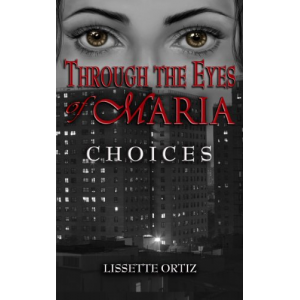
Through the Eyes of Maria: Choices
Description
<p>Maria hits the streets of New York in search of the love denied by her alcoholic father and indifferent mother. When Sergio, a dark, worldly stranger, lures her with diamonds, brand-name clothing, and undivided attention, Maria sees a way out of her dysfunctional home. Seduced by Sergio’s charm and the promise of wealth and recognition, Maria ignores her panicked intuition and wanders into his lair.<br /><br />But in a world where ambition and deception go hand in hand, where dreams are shattered and innocence crushed, Maria discovers she’s trapped in a hell much worse than the one she left. And now, there is no escape. The price for betrayal is blood.<br /><br />Destiny intervenes when Maria meets Christian, a handsome law student haunted by a dark family secret. With her life at risk and time running out, will Maria find the strength to save herself and convince Christian to go against all reason and risk everything to help her?</p>
Story Behind The Book
Media Links
Reviews
<p align="left"><font size="2">Women of Victorian Sussex reveals a forgotten world of daily struggles against appalling injustice – tragic, brave, stubborn, desperate and comic. It is an untold story of English society brought to life in vivid and shocking detail. <br /><br />Helena Wojtczak examines the lives of women living in Sussex around the middle of the 19th century. The book explores their status, their work and their dealings with the law and by letting the facts speak for themselves builds up a devastating critique of a profoundly unjust and hypocritical society. <br /><br />What makes this extraordinary book so enjoyable is the wealth of entertaining anecdotes which reveal the astonishing double standards of Victorian society. In fact on virtually every page the reader is delighted by a surprising piece of information, or a delightful way of illustrating it. <br /><br />We start by learning that women far outnumbered men, one visitor remarking that in this respect St Leonards resembled paradise. Nevertheless, women were rigorously excluded from positions of power, authority of influence, it being held a self-evident truth that they were inferior to men. <br /><br />Single women were obliged to seek marriage for financial security; but upon marrying they relinquished their separate existence, being regarded by the law as incorporated into the husband. If they received any education, girls were taught to be submissive, child-bearing wives. The most abusive term that could be applied to a woman was ‘strong-minded’. Many children died in infancy; an unmarried mother was a pitiable outcast; a widow was a pathetic woman in desperate financial straits. <br /><br />This book contains many tales of appalling conditions endured, of little lives lived bravely against all the odds. Perhaps aware that her material could become too harrowing for the reader, Miss Wojtczak is careful to keep the tone light. Sometimes this seems strained – a discussion of crinolines and bloomers appears unexpectedly after an examination of infant mortality – but on the whole it is the very resilience and ‘strong-mindedness’ of the women that provides the light relief. <br /><br />The largest section of the book looks at women’s occupations and here we are presented with a riot of colourful detail and diverting insight. Profitable and interesting employment for Britain’s women just did not exist. The expression ‘women’s work’ was synonymous with low pay and low status. <br /><br />Although the historical records make them all but invisible, we find women doing all kinds of work. A female blacksmith, for example, was not abnormal. We find them running all sorts of shops and businesses, including baths, post offices and laundries, lodging houses and pubs; we see them as actresses, teachers, servants… and we find them walking the streets as ‘nymphs of the pavé’. These glimpses of brave lives led in obscurity are a delight to read, and made all the more so by the many press clippings, advertisements and pictures with which the stories are illustrated. <br /><br />The third section of the book considers women’s position vis-à-vis the law. The parade of injustice beggars belief as we read vivid examples of the law being used to oppress the weakest members of society, or at least offer them no protection from husbands who could mistreat them and repeatedly seize anything they had earned to support their children, leaving them in penury, with the courts’ blessing. <br /><br />Homicides, suicides and infanticides would have presented a gloomy, if sensational, ending, so the author finishes her work with a piece on emancipation, which looks forward to the dawning of women’s rights. <br /><br />Finally an eclectic series of appendices includes such gems as Locations of Female Plumbers, Public Houses with Female Licensees, Causes of Prostitution, Duties of a Workhouse Matron and a profile of the Venerable Cornelia Connelly, foundress of the Society of the Holy Child Jesus. <br /><br />If we had been given this to read at school, instead of the dry-as-dust textbooks that made every history lesson an opportunity for a nap, Britain would be full of keen amateur historians. For this is history at its best – a rich canvas swarming with life: surprising, fascinating, heart-warming and above all, very, very readable. <br /><br /></font></p>
